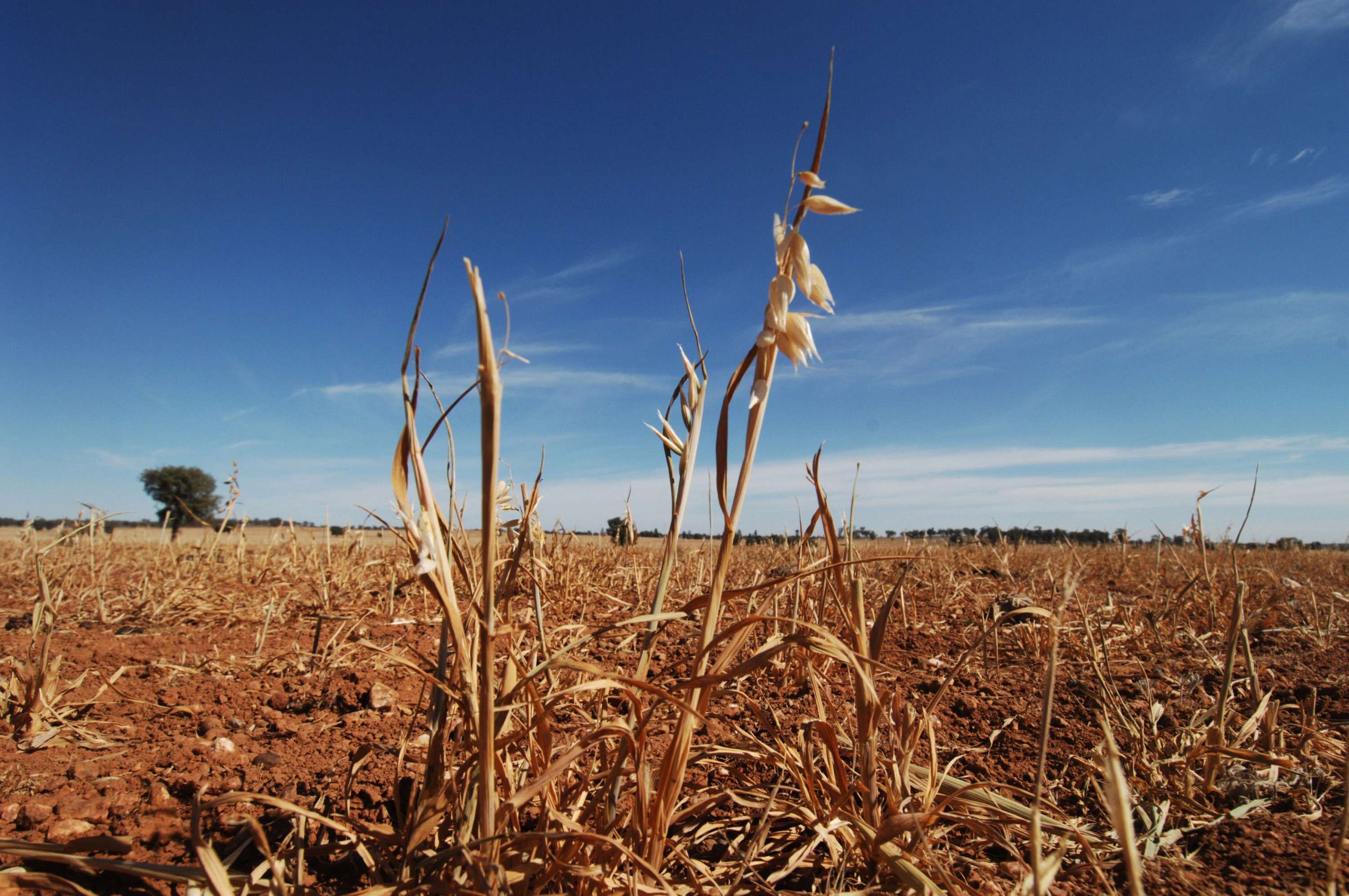
A RISE in climate-related conflict in the Indo-Pacific could have consequences for Australia as citizens in developing countries report the impacts of global warming as a leading cause of violence.
A World Vision survey of more than 2700 people in nine low and middle-income countries found more than 60 per cent believed a changing climate was worsening conflict in their communities.
Issues such as forced relocation and food insecurity make global warming both an environmental and a security challenge.
World Vision surveyed residents in the Democratic Republic of Congo, Iraq, Papua New Guinea and Sri Lanka as well as parts of Central America.
More than 85 per cent in affected regions were already experiencing a wide range of climate hazards, the survey found.
World Vision Australia chief executive Daniel Wordsworth said the effects of climate changed put pressure on natural resources, resulting in decreased crop yields, degraded land and diminished and contaminated water supplies.
Pressures led to conflict including disputes over land boundaries, access to water and dwindling resources, Mr Wordsworth said.
“Climate-linked conflict is something that has been predicted for a long time, but our survey shows that it’s already happening, even in our own near region,” he said.
“These conflicts are local, but widespread, pitting neighbours and communities against each other.
“If we don’t act now the world will be warmer, bloodier and hungrier.”
More than 60 per cent of people surveyed said if the negative impacts of climate change increased, conflict in their area would also increase.
But 60 per cent were also hopeful conflicts could be avoided if the negative impacts of global warming were cut.
Mr Wordsworth said regional instability should be of concern to all Australians.
“We want to make sure the Pacific nations community that we live in is safe, secure and importantly prosperous for all,” he said.
World Vision is rolling out a climate adaptation technique called Farmer Managed Natural Regeneration.
The community-led practice involves regenerating trees from stumps that are still alive or managing new trees growing from wild seedlings through pruning.
Farmers and communities are benefiting from increased income from the trees, improved crop yields and increased supply of fodder for livestock.
The method has also reduced wind speeds, and in some regions, water tables have risen.
Who can be trusted?
In a world of spin and confusion, there’s never been a more important time to support independent journalism in Canberra.
If you trust our work online and want to enforce the power of independent voices, I invite you to make a small contribution.
Every dollar of support is invested back into our journalism to help keep citynews.com.au strong and free.
Thank you,
Ian Meikle, editor





Leave a Reply